A runny nose is a persistent drainage of mucus from the nose or back of the throat. It is annoying but rarely serious, and it usually goes away on its own.
Causes & Complications
Sometimes called rhinorrhea, a runny nose is a very common malady that affects everybody at one point or another. It can be caused by a variety of factors including colds, flu, and allergies. Cold weather, spicy foods, crying, head trauma, overuse of nasal sprays, and drug abuse and withdrawal can also trigger a runny nose.
Complications are rare, but occasionally excess mucus will block the eustachian tubes and cause an ear infection. It can also plug up the nasal passages, leading to a sinus infection. Postnasal drip occurs when mucus drains down your throat; this can cause a cough that worsens when you are lying down at night. You should see a doctor if symptoms persist longer than 10 days or are accompanied by a high fever, or if your discharge is greenish or contains blood.
Treating a Runny Nose
A runny nose usually clears up on its own within a few days. However, it is irritating and can interfere with your daily life. There are measures you can take to ease your symptoms in the meantime. Blow your nose often to clear it of mucus buildup, and use saline nasal sprays to moisturize your sinus cavities and help remove irritants such as pollen and dust. Increase your fluid intake, and use a humidifier to moisturize the air. Antihistamines are effective when allergies are the cause of your runny nose.
Nasal Drainage
Hay fever is one of the leading causes of nasal drainage and discharge. Also known as allergic rhinitis, this condition is caused by an allergen such as pollen that is found in trees, grasses, and ragweed. Hay fever is the immune system’s reaction to the offending irritant; when you breathe in something you are allergic to, your body produces chemicals called histamines that fight off the invader. Histamines trigger an inflammatory response that causes sneezing, nasal drainage, and congestion. The amount of pollen in the air is higher on days that are hot, dry, and windy.
Sometimes excess mucus makes its way down the back of the throat. Referred to as postnasal drip, this can lead to a sore throat and chronic coughing, especially at night.
A doctor can determine the allergen responsible for your nasal discharge through skin allergy testing and blood tests, and come up with an appropriate treatment plan based on the findings.
Treatment & Prevention
Treating nasal drainage related to allergies can be as simple as avoiding the allergen responsible for triggering your symptoms. This is not always feasible, however; home care can help alleviate the symptoms and bring you relief. Drink plenty of fluids to stay hydrated. Saline nasal sprays can be used to keep your nasal passages moist, and using a humidifier or vaporizer to moisten the air may also help.
Antihistamines are useful in reducing the amount of mucus being produced. Antibiotics won’t work for allergy-induced nasal drainage, as they only offer effective relief from bacterial infections.
Rhinitis
Many people who suffer from this condition often confuse allergic rhinitis (hay fever) with nonallergic rhinitis. This is because the symptoms are very similar but the cause is not. Unlike hay fever, nonallergic rhinitis involves blood vessels in the nose rather than an immune system response.
Symptoms & Causes
Unlike hay fever, an allergen-related illness, nonallergic rhinitis isn’t triggered by pollen, mold or dander. It can be caused by infection, hormones and even food and drink. Some causes can also include: dust, smoke, chemicals, humidity changes, spicy foods, alcohol, stress and pregnancy. Symptoms associated with nonallergic rhinitis include runny nose, sneezing and stuffy nose.
Diagnosis & Treatment
These types of rhinitis are similar in presenting symptoms so oftentimes your doctor will want an allergy skin and blood test to diagnose the problem. There are no specific tests to conclude someone really has nonallergic rhinitis. Therefore your doctor will try to listen to your symptoms and rule out other causes before proceeding with a treatment plan for this diagnosis. Your doctor may recommend nasal sprays and oral decongestants. He or she might also recommend lifestyle changes such as avoiding rhinitis triggers like wood-burning stoves, household chemical sprays and scented perfumes. Performing nasal irrigation at home alongside the use of a humidifier might also be an option.
Prevention
The dilation of blood cells that inflame your nasal tissue is often an unchangeable genetic trait so prevention can be difficult. The best advice is to avoid known triggers, stay hydrated and don’t use nasal decongestants too much because your symptoms and susceptibility might actually worsen.
